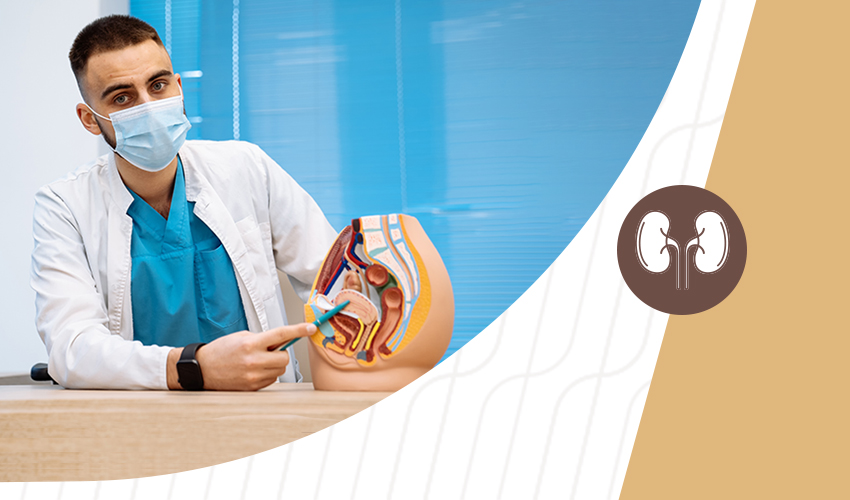- Our Doctors
- Our Specialities
Centres of Excellence
-
 Centre for Blood Diseases, BMT & Cancer Immunotherapy
Centre for Blood Diseases, BMT & Cancer Immunotherapy -
 Centre for Bone, Joint & Spine
Centre for Bone, Joint & Spine -
 Centre for Critical Care Medicine and ECMO Services
Centre for Critical Care Medicine and ECMO Services -
 Centre for Gastrosciences
Centre for Gastrosciences -
 Centre for Heart & Vascular Care
Centre for Heart & Vascular Care -
 Centre for Nephro-Urosciences
Centre for Nephro-Urosciences -
 Centre for Neurosciences
Centre for Neurosciences -
 Centre for Obstetrics and Gynaecology
Centre for Obstetrics and Gynaecology -
 Centre for Organ Transplantation
Centre for Organ Transplantation
Super Speciality
-
 Advanced Diagnostic and Interventional Radiology
Advanced Diagnostic and Interventional Radiology -
 Anesthesiology & Pain Management
Anesthesiology & Pain Management -
 Clinical Nutrition and Dietetics
Clinical Nutrition and Dietetics -
 Dental and Maxillofacial Surgery
Dental and Maxillofacial Surgery -
 Dermatology
Dermatology -
 Emergency and Trauma
Emergency and Trauma -
 Endocrinology and Metabolic Disease
Endocrinology and Metabolic Disease -
 ENT and Head & Neck Surgery
ENT and Head & Neck Surgery -
 Family Medicine
Family Medicine -
 General and Laparoscopic Surgery
General and Laparoscopic Surgery -
 General Medicine
General Medicine -
 Laboratory Medicine
Laboratory Medicine
-
- Key Procedures
- Our Hospitals
- International Patient
- Contact us
-
Quick Links


Kidney Failure
Kidney failure is a condition in which one or both kidneys can no longer work on their own. This condition is also called renal failure. Treatments for kidney failure include dialysis and kidney transplant.
Symptoms
- Tiredness and weakness
- Weight loss
- Loss of appetite
- Nausea and vomiting
- Shortness of breath
- Muscle cramps
- Swelling in feet, ankles, and legs
- Anaemia
- Sleep problems
- Increased blood pressure
- Chest pain
- Itching
Causes
- Diabetes
- Physical injury
- High blood pressure
- Polycystic kidney disease
- Kidney stones
- Cancers
- Enlarged prostate
- Kidney infections
Treatments
Uncompromised healthcare services. Always.
Meet Our Doctors
Experienced Medical professionals for a superior patient experience.
Frequently Asked Questions
How many times a month is a dialysis needed?
Usually, each haemodialysis treatment lasts about four hours and is done three times per week. A type of haemodialysis called high-flux dialysis may take less time. You can speak to your doctor to see if this is an appropriate treatment for you.
What are the 3 types of dialysis?
There are 3 main types of dialysis: in-centre haemodialysis, home haemodialysis, and peritoneal dialysis.
What are the signs of end-stage kidney failure?
Some of the most common end-of-life kidney failure signs are water retention/swelling of the legs and feet, loss of appetite, nausea, and vomiting.

 +91 9393 108 108
+91 9393 108 108

















































